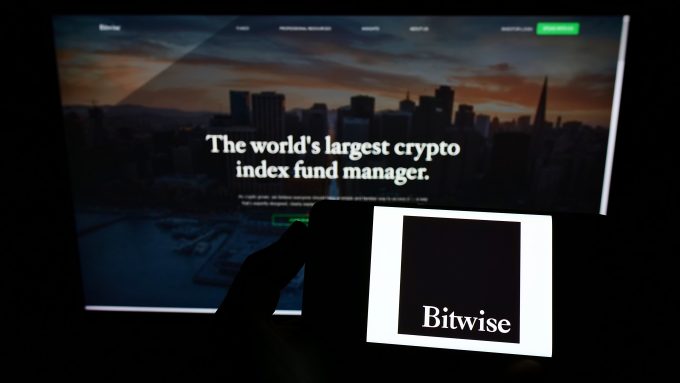El Salvador Diversifies $678M Bitcoin Holdings Into 14 Wallets to Counter Quantum Risks
El Salvador has transferred its state-owned Bitcoin reserves — valued at roughly $678 million — into 14 separate wallets in an effort to bolster security against the potential threat of quantum computing. The move underscores the government’s proactive stance on safeguarding digital assets as global concerns grow around next-generation computing power and its implications for cryptography.
A Strategic Redistribution of National Bitcoin
According to official disclosures, the government redistributed 6,274 BTC across multiple wallets, each holding between $40 million and $60 million worth of Bitcoin. The restructuring is designed to reduce single-point vulnerabilities and mitigate risks tied to potential breakthroughs in quantum decryption technology.
While quantum computers capable of breaking Bitcoin’s SHA-256 encryption remain theoretical at present, the country’s finance ministry said the transfer reflects a “defense-in-depth” strategy that prioritizes long-term resilience over short-term convenience.
Growing Awareness of Quantum Security
El Salvador’s initiative comes at a time when both governments and corporations are assessing the risks posed by rapid advances in quantum computing. Experts estimate that sufficiently powerful quantum machines capable of undermining current cryptography may not emerge for at least another decade. However, policymakers and investors are increasingly treating quantum preparedness as a material risk.
“By spreading out reserves, El Salvador reduces the chance that a single vulnerability could expose the entirety of its national Bitcoin holdings,” noted Javier Molina, a blockchain security analyst at QuantumTrust. “It’s not just about today’s risk profile but also about sending a signal of forward-looking prudence.”
Market and Investor Sentiment
Bitcoin markets reacted with muted volatility following the announcement, with BTC trading at $96,300, down 0.8% in the last 24 hours. Analysts said the strategic move is unlikely to affect near-term prices but may influence investor sentiment about institutional approaches to custody.
Institutional players, particularly sovereign wealth funds and asset managers, are watching closely. The decision highlights how governments holding Bitcoin must balance innovation with risk management, potentially setting a precedent for other state-backed holders.
A Psychological Layer for Bitcoin Holders
Beyond technical security, the redistribution also carries psychological significance. By publicizing its multi-wallet strategy, El Salvador reinforces the perception of Bitcoin as a durable sovereign asset class. This narrative could resonate with long-term investors who view resilience against hypothetical threats as a marker of maturity in Bitcoin’s evolution.
What It Means Going Forward
El Salvador’s decision positions it as a first mover in adopting quantum risk-mitigation strategies for digital assets. While the immediate impact on markets remains minimal, the move highlights a growing convergence between cutting-edge technology and national financial policy.
As Bitcoin continues to integrate into global finance, quantum preparedness may become a broader theme for institutional custodians, central banks, and governments alike. For now, El Salvador’s diversification into 14 wallets illustrates a calculated attempt to future-proof its holdings and signal confidence in Bitcoin’s long-term role in the global economy.
Comparison, examination, and analysis between investment houses
Leave your details, and an expert from our team will get back to you as soon as possible













https://shorturl.fm/ANV1L
https://shorturl.fm/oixSj
https://shorturl.fm/k7AfG
https://shorturl.fm/Tc9mZ